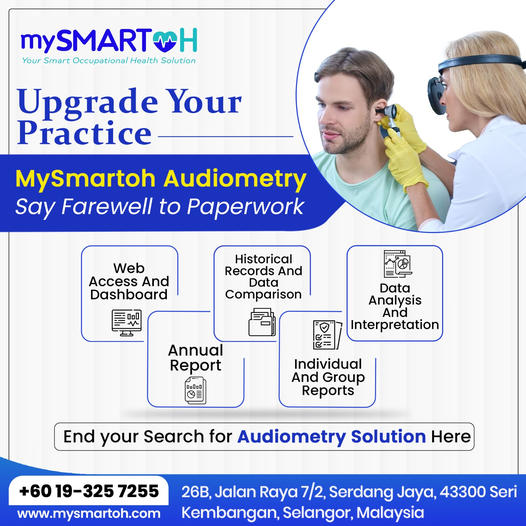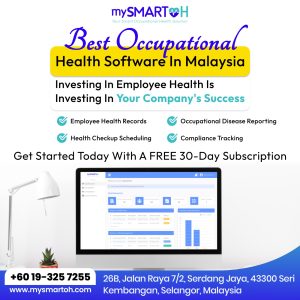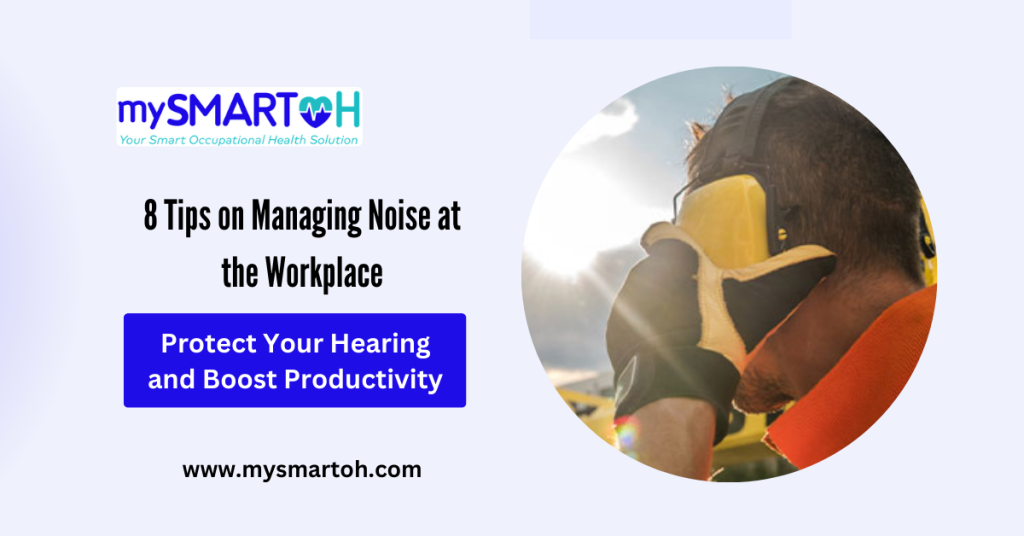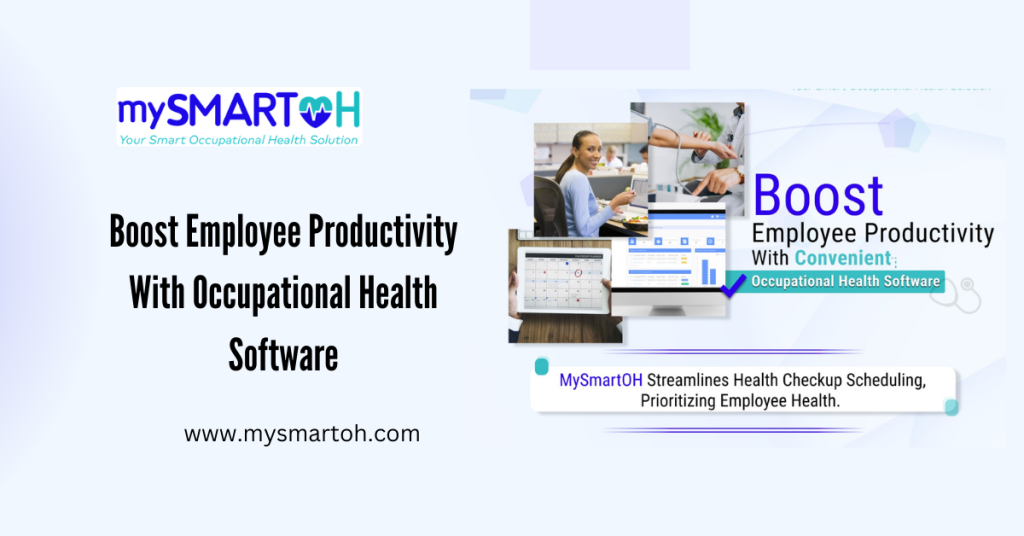8 Tips on Managing Noise at the Workplace: DOSH implemented the 2019 Occupational Safety and Health (Noise Exposure) Regulations to tackle the substantial hazards linked with prolonged exposure to loud noise in work settings.
Beyond its impact on productivity, excessive noise poses considerable threats to employees’ auditory well-being. For conscientious employers in Malaysia, prioritizing the well-being of their workforce involves effectively controlling noise levels.
This article delves into 8 Tips on Managing Noise at the Workplace, offering insights on fostering a more productive work environment that can be implemented within your company.

8 Tips on Managing Noise at the Workplace
1. Evaluate Noise Levels
Initiate a thorough assessment of noise levels within your workplace. According to the OSH Noise Exposure Regulations of 2019, companies are mandated to conduct Noise Monitoring to mitigate noise-induced hearing loss (NIHL) among their employees. This initial examination will yield valuable insights into areas where enhancements are needed.
2. Introduce Engineering Controls
Explore the implementation of engineering controls to diminish noise levels. This may entail installing sound-absorbing materials on walls, floors, and ceilings, or investing in noise-canceling technology. Such measures contribute to cultivating a serene work environment and reducing the risk of hearing impairment.
3. Establish Quiet Zones
Designate specific areas within your workspace as “quiet zones.” These zones should remain free from excessive noise, enabling employees to concentrate on tasks that demand focus. Encourage colleagues to uphold a respectful approach in these areas and minimize noise disturbances.
4. Employ Personal Protective Equipment (PPE) for Noise Management
Effectively address workplace noise by supplying employees with suitable personal protective equipment, such as earplugs or earmuffs, to mitigate the impact of excessive noise. Ensure that your workforce is well-informed about the proper use of these devices to maximize their efficacy in noise reduction.
5. Foster Employee Awareness of Noise Hazards
Enhance awareness among your staff regarding the risks associated with prolonged exposure to excessive noise. Conduct training sessions or workshops on hearing conservation, emphasizing the potential consequences of loud noise. By educating your employees, you empower them to take charge of their own hearing health, with reference to the ICOP (Industrial Code of Practice) for managing occupational noise exposure and hearing conservation.
6. Advocate Breaks and Rest Periods
Incorporate regular breaks and rest periods into your employees’ schedules. This not only supports overall well-being but also helps mitigate the cumulative effects of noise exposure. Encourage employees to step away from noisy areas during breaks, providing their ears with necessary rest.
7. Facilitate Effective Communication
Excessive noise can impede clear communication among colleagues, leading to misunderstandings and reduced productivity. Promote alternative communication methods, such as instant messaging or designated quiet areas for discussions, to ensure efficient and transparent communication.
8. Invest in Hearing Conservation Training
Demonstrate your commitment to employee well-being by investing in professional hearing conservation training. Such training programs impart valuable knowledge and skills to employees, equipping them with the tools necessary to safeguard their hearing in the workplace.

Conclusion
Effectively managing noise levels in the workplace is crucial for enhancing both productivity and employee well-being. The implementation of these eight tips allows you to establish a quieter work environment in Malaysia, diminishing the likelihood of hearing damage and elevating overall job satisfaction. It’s important to recognize that investing in hearing conservation training not only underscores your commitment to employee health but also guarantees a more productive workforce in the long term. Prioritize your employees’ hearing health today to reap the benefits tomorrow!
Also Read:



